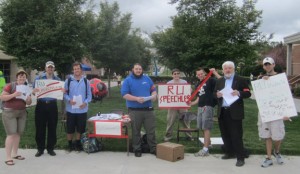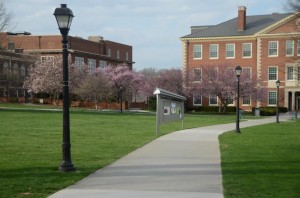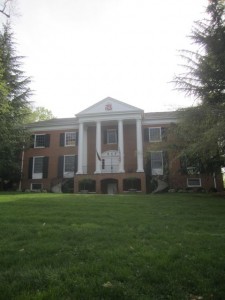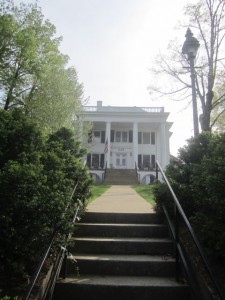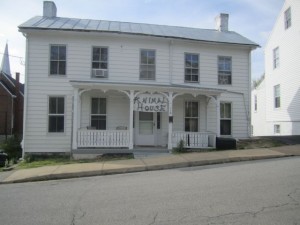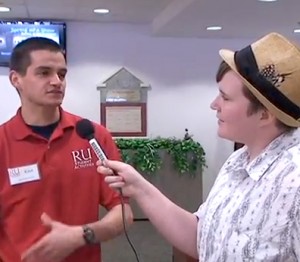The Board of Directors of AEJMC declares that no legitimate pedagogical purpose is served by the censorship of student journalism even if it reflects unflatteringly on school policies and programs, candidly discusses sensitive social and political issues, or voices opinions challenging to majority views on matters of public concern. The censorship of such speech is detrimental to effective learning and teaching, and it cannot be justified by reference to “pedagogical concerns.”
The full text of the resolution and press release follows:
For Immediate Release
April 2, 2013
Contact:
Dr. Kyu Ho Youm, AEJMC President
(541) 346-2178
youm@uoegon.edu
The Board of Directors of the Association for Education in Journalism and Mass Communication (AEJMC) recently passed a resolution regarding the 25th Anniversary of the Supreme Court significantly reducing the level of First Amendment protection afforded to students’ journalistic speech in the case of Hazelwood School District v. Kuhlmeier.
In the ruling, the Court’s 5-3 majority concluded that schools could lawfully censor student expressions in non-public forum media for any “legitimate pedagogical purpose,” and that among the recognized lawful purposes was the elimination of speech tending to “associate the school with any position other than neutrality on matters of political controversy”.
AEJMC President Kyu Ho Youm of the University of Oregon explains, “Being keenly aware of this year as the 25th anniversary of the U.S. Supreme Court’s decision in the case of Hazelwood School District v. Kuhlmeier, the AEJMC Board of Directors expresses its increasing concern about the negative impact of the case on freedom of the student press. This is all the more so, when the case has been expanded far enough to apply to the college press over the past 16 years. As the leading national organization of postsecondary journalism and mass communication educators, AEJMC wishes to express its strong stand on the unwarranted abuse of Hazelwood as an easy tool of censorship against student journalists on all levels, including that of colleges and universities”.
Resolution:
In recognition of society’s increased reliance on student news-gatherers to fulfill basic community information needs, and the importance of unfiltered information about the performance of educational institutions,
In recognition of the well-documented misapplication of Hazelwood censorship authority to impede the teaching of professional journalistic values and practices, which include the willingness to question the performance of governance institutions,
In recognition that the primary concern of the Supreme Court in Hazelwood was to permit schools to restrict editorial content “unsuitable for immature audiences”, a concern inapplicable at the postsecondary level.
In recognition of the combined 150 years’ experience of states with statutory student free-press guarantees, demonstrating that the Hazelwood level of administrative control is unnecessary for the advancement of legitimate educational objectives,
Be it resolved that:
The Board of Directors of AEJMC declares that no legitimate pedagogical purpose is served by the censorship of student journalism even if it reflects unflatteringly on school policies and programs, candidly discusses sensitive social and political issues, or voices opinions challenging to majority views on matters of public concern. The censorship of such speech is detrimental to effective learning and teaching, and it cannot be justified by reference to “pedagogical concerns.”
Be it further resolved that:
The AEJMC Board of Directors declares that the Hazelwood level of control over student journalistic and editorial expression is incompatible with the effective teaching of journalistic skills, values and practices at the collegiate level, and that institutions of postsecondary education should forswear reliance on Hazelwood as a legitimate source of authority for the governance of student and educator expression.


